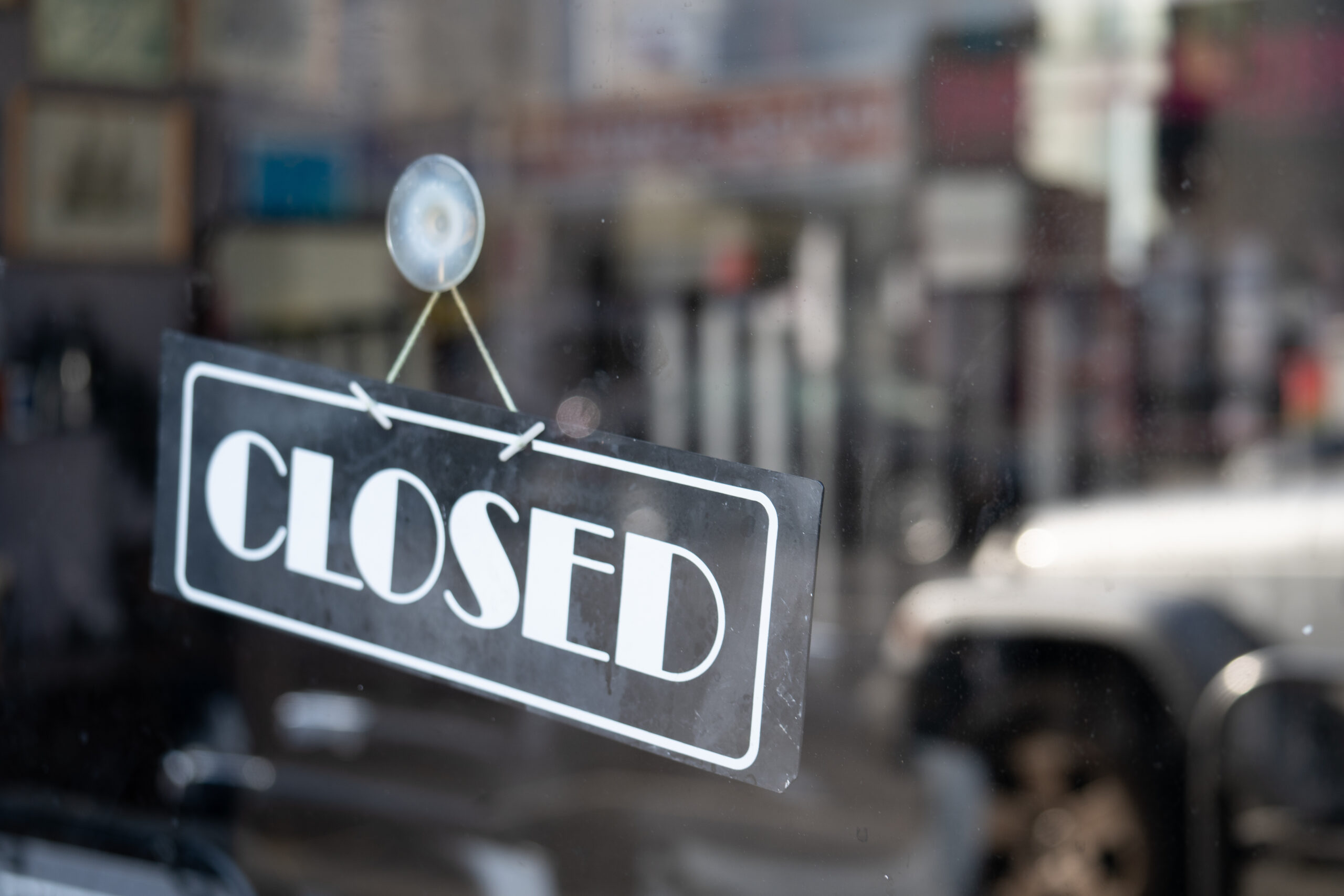
Thousands of SMEs whose business suffered during the Covid pandemic could be owed insurance payouts totalling billions of pounds, according to our claims data analysis.
The unpaid insurance claims sit outside the claims dealt with by the Supreme Court test case brought by the Financial Conduct Authority. The total value of these claims is likely to dwarf the circa £1bn paid out to date as a result of the case. The data suggests that insurers have been sticking to the letter of the Supreme Court ruling on Covid Business Interruption and continue to battle cases that do not fall within its remit.
Using data from the High Court and its Claims Litigation Tracker database, we’ve identified 22 reported Covid BI cases currently going through the High Court. The cases have an average value of £40m, giving a gross claim value of £880m.
However such cases remain the tip of the iceberg. Many more companies are waiting on the outcomes of the cases currently going through court before launching their claims, or where commercial negotiations have stalled pending such cases’ resolution. Other, smaller companies, may still be unaware they have a potential claim, or be concerned about challenging their insurers due to the costs of fighting claims in the High Court. A further category of potential claimants is being assembled by law firms putting together group actions where they can identify companies with similar, if not identical claims.
Bruce Hepburn, Chief Executive of Mactavish, said: “We estimate that the value of unresolved Covid Business Interruption cases is likely to be a multiple of the £1.2bn of cases that have been resolved by the Supreme Court rulings. How many claims actually materialise remains unclear. Some companies will be unaware they have a claim against their insurers. Others may know of their claim but will be reticent about pursuing their rights given the obstacles they will not unreasonably assume their insurers may put in their path. The fact that so many Covid BI claims have fallen outside of the FCA test case suggests the regulator could have done much more to protect companies from sometimes unnecessarily aggressive stances taken by insurers when it comes to paying out on Covid BI claims.”
In a dear CEO letter circulated to insurance bosses by the FCA after the Supreme Court ruling was handed down, the regulator urged insurers to act speedily to pay out claims that fell within the scope of the ruling and act reasonably in applying relevant aspects of the ruling to those claims that fell outside its scope. The most recent data from the FCA shows 34,506 claims have been settled as a result of the Supreme Court case. With an average value of £34,000 this give a total pay out to date of circa £1.2bn. But it is this second aspect concerning applying relevant aspects to claims outside of the FCA’s immediate scope where grossly insufficient progress has been made.
Mactavish has been warning for some time about what it believes is a combative and litigious attitude taken by some insurers to the payment of claims, particularly in the hard market. Mactavish tracks the volume and frequency of insurance claims that end up in the High Court through its Claims Litigation Index . The database of over 1,000 legal claims shows that the number of claims that end up being litigated has jumped over 250% over the last 10 years, signally a tougher attitude by insurers to paying out on claims.
Current Case – Hairlab Limited v Ageas
Hairlab Limited, a High Street hairdressing salon in Basingstoke is one of the very few SMEs to have launched legal proceedings in the High Court against its insurer for the non-payment of Business Interruption insurance. While the claim, for a maximum of £500,000, is tiny compared to some of the larger Covid BI claims being pursued by the big corporates, it is important as it should demonstrate to the market the feasibility, or not, of pursuing such cases through the High Court.
The owners of Hairlab claim they suffered insured losses after they had to close their businesses because of Government restrictions imposed after the pandemic hit. Ageas is defending the claim by arguing the business interruption losses were not suffered because of an incidence of a notifiable disease occurring at the claimant’s premises and that the policy does not cover the claimants for losses that arose because of the Government imposed lockdowns.

Mactavish Claims Litigation Index
The Mactavish Claims Litigation Index aims at tracking insurance litigation and claims performance and getting the market to focus on what really matters, the product you buy with your premiums, not just the premium itself.
Receive our insights in your inbox
Keep up to date with changing risk and regulatory environment, market insights and tips on insurance. Subscribe now.





